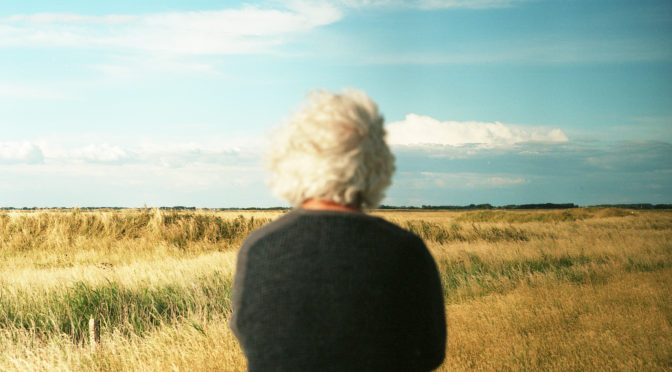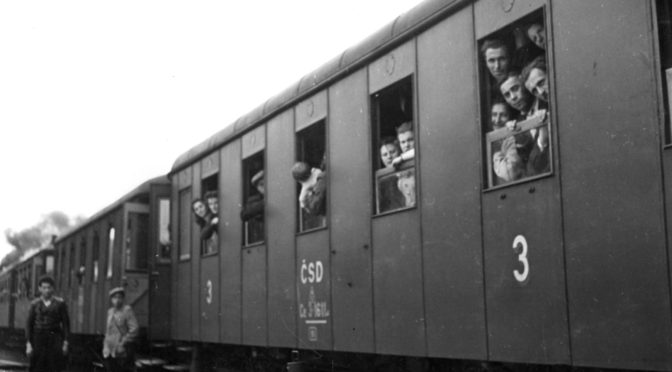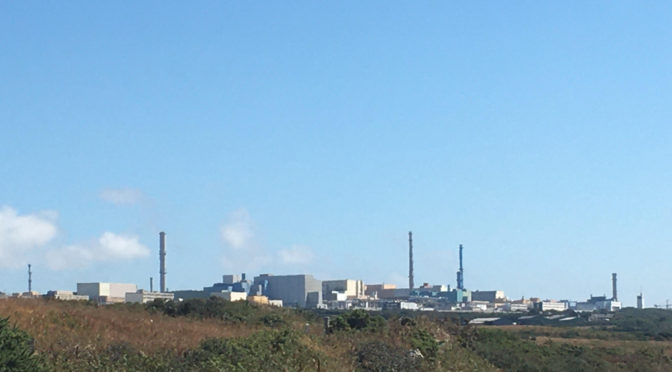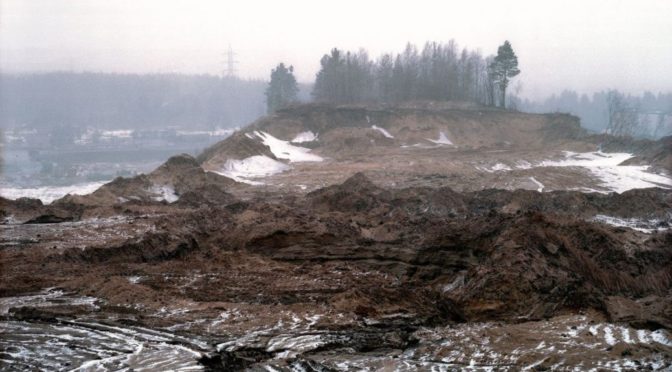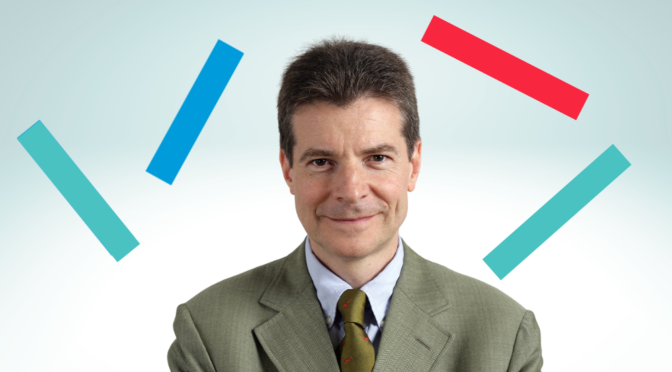Samuel Beckett ve střední Evropě. Režie a recepce jeho díla navzdory cenzuře.
Zveme všechny badatele, jež se zaměřují na Samuela Becketta a na divadlo ve střední Evropě, na seminář, který proběhne v dubnu v CEFRESu a na Karlově Univerzitě. Ten se bude zabývat tím, jaké politické, estetické a někdy též právní a společenské otázky mohou souviset s divadelními texty, přičemž hry Samuela Becketta budou pojednány jako případová studie.
Kdy: čtvrtek 20. a pátek 21. dubna 2023
Kde: knihovna CEFRESu a Univerzita Karlova
Organizuje : CEFRES ve spolupráci se Sorbonnou, Univerzitou v Bordeaux a Univerzitou Karlovou
Jazyk: Angličtina
Organizátoři: Alice Clabautová, Charles Guillorit
Datum pro zasílání abstraktů: 31. ledna 2023
Obsah konference a call for papers naleznete zde.
Program:
Thursday 20 April 2023
at CEFRES Library (Na Florenci 3 Prague 1)
16h- Opening Talk – Octavian Siu [online]
16h30 – Panel 1 : poetics of politics in the work of Samuel Beckett
Vanesa Cotroneo : Breaking the Iron Curtain: Media and Technology in Samuel Beckett’s Catastrophe (1982) and Nacht und Träume (1982)
Luciana Peycere : A post-pandemic operatic adaptation of Film (1965): the political and aesthetic potential of performing Beckett at a fringe venue in London.
[break]
17h30 – Roundtable: Staging Beckett today – testimonies of contemporaries stage directors (1h30)
Jan Bosse & Olena Zavhorodnya
Friday 21st April
at Charles University (Faculty of Arts, Room P104, nám. J. Palacha 1/2)
9h30- Welcoming coffees
10h – Keynote Speaker – Marek Kedzierski – Beckett in Perspectives. Discussing with Beckett, staging Beckett, reflecting upon Beckett
[break]
11h 15 – Panel 2: Overview of Beckett reception and stagings in Central Europe
Matthieu Protin – Samuel Beckett Stage Director of his own Theater in Germany: Influence and Consequence.
Tomasz Wiśniewski – “Beckett on the Baltic” and other research experiments in Gdańsk
Anita Rákóczy – A Director’s Apology – Beckett in Hungaria
[lunch break]
14h30 – Panel 2 bis: Overview of Beckett reception and stagings in Central Europe
Miloš Mistrík – Godot has finally come – to Slovakia
Martin Pšenička – Post-1989 stage productions of Beckett in the Czech Republic: a focus on Jan Nebeský’s 1996 production of Endgame
[break]
15h45 – Panel 3 : The question of censorship in and of Beckett’s theatre: a legal or a personal issue?
Alexander Hartley – Beckett’s Legal Scuffles and the Interpretation of the Plays [online]
Matthew Rimmer – The Legal Endgame of Samuel Beckett [online]
Concluding remarks – Alice Clabaut & Charles Guillorit

